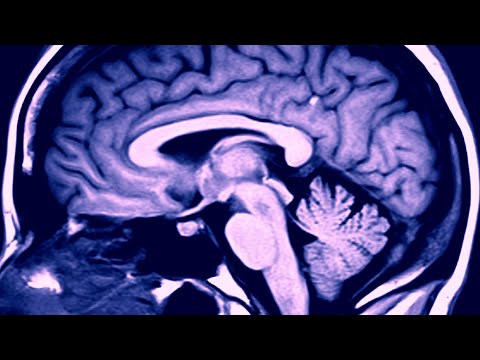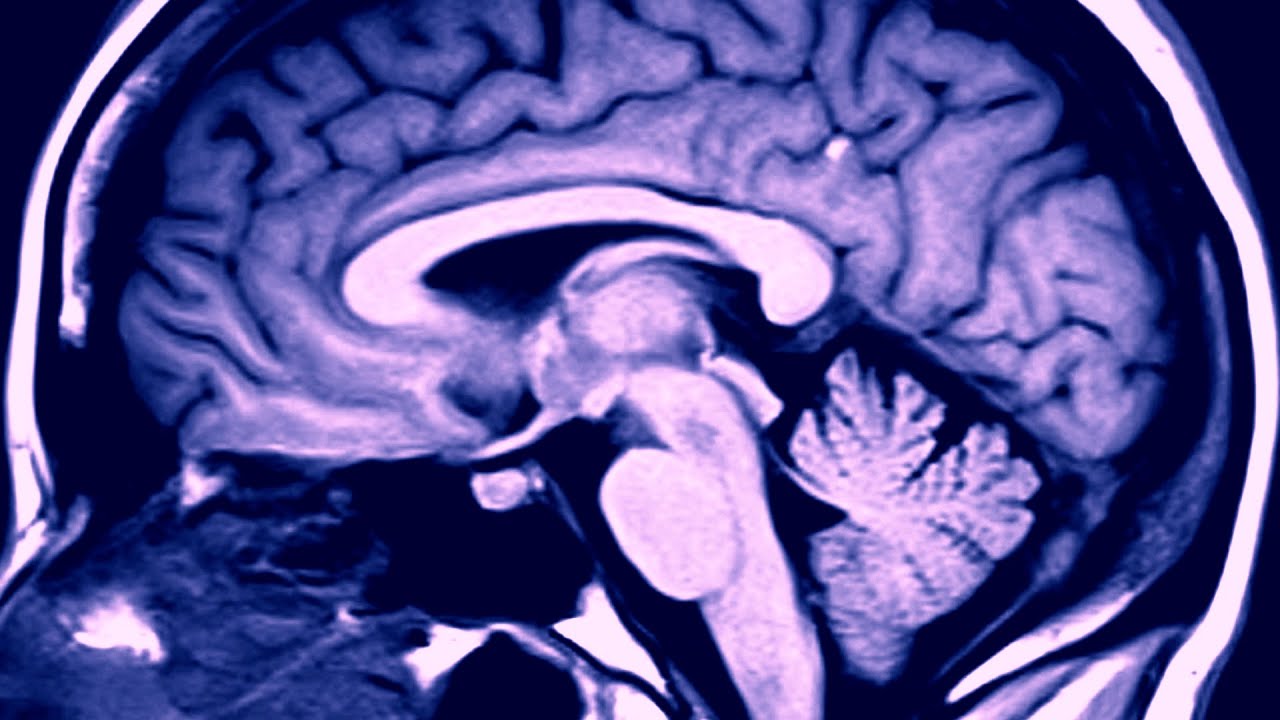Experience profound healing and transformation with ketamine therapy. If you’re seeking a unique approach to mental health treatment, ketamine therapy may be the answer you’ve been looking for. During this innovative therapeutic process, carefully administered doses of ketamine can help unlock deep-rooted emotions and memories, allowing you to gain a fresh perspective on your life and challenges. Through a series of sessions under the guidance of trained professionals, you can explore your subconscious mind, confront and release trauma, and find inner peace. Embrace the potential of ketamine therapy to break free from the constraints of traditional therapy and embark on a journey of self-discovery and healing. By creating new neural connections and rewiring your brain, ketamine therapy has the power to alleviate anxiety, depression, PTSD, and other mental health conditions. It offers a unique opportunity to access parts of your mind that are typically inaccessible, leading to profound insights and personal growth. If you’re ready to step outside the box and explore the transformative possibilities of ketamine therapy, take the first step today and open yourself up to a world of healing and self-discovery.

What to Consider During Ketamine Therapy
| Aspect | Explanation |
|---|---|
| Setting | The therapy session should take place in a controlled environment, preferably a clinic or medical facility, where the patient feels safe and comfortable. The setting should be designed to facilitate relaxation and minimize external distractions. |
| Medical Supervision | Ketamine therapy should always be conducted under the guidance of a qualified healthcare professional, such as a psychiatrist or an anesthesiologist. Their presence ensures patient safety and enables immediate intervention if any adverse reactions occur. |
| Personal Preparation | Prior to the therapy session, patients should follow any pre-treatment instructions provided by their healthcare provider. This may include avoiding certain medications, fasting for a specified period, or refraining from consuming alcohol or caffeine. |
| Mental State | It is important for patients to approach ketamine therapy with an open and positive mindset. Maintaining a calm and receptive mental state can enhance the therapeutic effects and facilitate a more profound experience. |
| Expectations | Realistic expectations are crucial for a successful ketamine therapy journey. Patients should understand that the effects of the treatment may vary, and multiple sessions may be required to achieve desired outcomes. Being patient and open to the process is vital. |
| Integration | After each ketamine therapy session, patients should allow themselves time for reflection and integration. This may involve journaling, discussing the experience with a therapist or support group, or engaging in activities that promote self-care and emotional well-being. |
| Follow-up Care | Regular follow-up appointments with the healthcare provider are essential to monitor progress, address any concerns, and make necessary adjustments to the treatment plan. Ongoing communication and collaboration between the patient and the medical team contribute to favorable outcomes. |
“Unlocking Hope: Ketamine’s Groundbreaking Role in Battling Depression – Insights from Yale Medicine”
What to Think About During Ketamine Therapy
Ketamine therapy, also known as ketamine-assisted psychotherapy, has gained significant attention in recent years as a potential treatment for various mental health conditions. This therapy involves the use of ketamine, a dissociative anesthetic, in a controlled setting to facilitate deep introspection and psychological healing. While ketamine therapy can be a transformative experience, it is essential to approach it with the right mindset. Here are five key things to consider when undergoing ketamine therapy:
1. Set and Setting
The concept of “set and setting” is crucial in the context of ketamine therapy. “Set” refers to your mindset, expectations, and intentions going into the session, while “setting” pertains to the physical environment and atmosphere in which the therapy occurs.
Set: Before beginning ketamine therapy, take some time to reflect on your goals and intentions. What are you hoping to achieve through this therapy? Are there specific issues you want to address or insights you seek? Setting clear intentions can help guide your experience and make it more impactful.
Setting: The physical environment plays a significant role in shaping your ketamine therapy experience. Ensure that the therapy room is comfortable, calming, and free from distractions. Soft lighting, comfortable seating or a recliner, and soothing music can contribute to a more relaxed and introspective state of mind.
2. Mindfulness and Presence
Ketamine therapy often induces an altered state of consciousness that can be deeply introspective and emotionally intense. To make the most of this experience, it is crucial to practice mindfulness and cultivate presence.
Mindfulness: Pay attention to your thoughts, emotions, and bodily sensations throughout the session. Notice any patterns, insights, or areas of tension or discomfort. Cultivating mindfulness can help you deepen your self-awareness and gain valuable insights.
Presence: Instead of getting caught up in thoughts about the past or future, try to stay present in the here and now. Ketamine therapy is an opportunity to explore your inner landscape, and being fully present can enhance your ability to process and integrate the experiences that arise.
3. Openness and Surrender
Ketamine therapy can bring up intense emotions, memories, and thoughts. It is essential to approach the experience with openness and a willingness to surrender control. Resisting or trying to control the process may limit the therapeutic potential of ketamine therapy.
Openness: Allow yourself to be open to whatever arises during the session, even if it feels uncomfortable or unfamiliar. Trust the process and have faith in your ability to navigate the experience with the support of your therapist.
Surrender: Instead of trying to steer the session in a particular direction, surrender to the flow of the experience. Let go of expectations and allow the ketamine to guide you on your inner journey. Surrendering control can lead to profound insights and transformative experiences.
4. Integration and Aftercare
Ketamine therapy is not a one-time solution but rather a catalyst for personal growth and healing. Integration and aftercare are crucial aspects of the therapeutic process.
Integration: Take time after each session to reflect on your experience and integrate the insights and realizations into your daily life. Journaling, talking to a trusted friend or therapist, or engaging in creative activities can aid the integration process.
Aftercare: Ketamine therapy can stir up deep emotions, so it is essential to prioritize self-care and support in the days following a session. Engage in activities that nourish your body and mind, such as spending time in nature, practicing relaxation techniques, or seeking support from loved ones.
5. Patience and Self-Compassion
Lastly, remember that ketamine therapy is a journey, and healing takes time. Be patient with yourself and practice self-compassion throughout the process.
Patience: Healing is not linear, and breakthroughs may come in unexpected ways or at different stages of your therapy. Trust the process and give yourself the time and space needed to integrate the changes that occur.
Self-Compassion: Be gentle with yourself and practice self-compassion as you navigate the ups and downs of ketamine therapy. Treat yourself with kindness, understanding that healing is a gradual process that requires self-love and acceptance.
In conclusion, ketamine therapy can be a powerful tool for personal growth and healing. By approaching it with the right mindset and considerations, you can maximize the potential benefits of this therapeutic modality. Remember to set clear intentions, cultivate mindfulness and presence, embrace openness and surrender, prioritize integration and aftercare, and practice patience and self-compassion. With these elements in place, ketamine therapy can offer profound transformations and pave the way for a brighter future.

